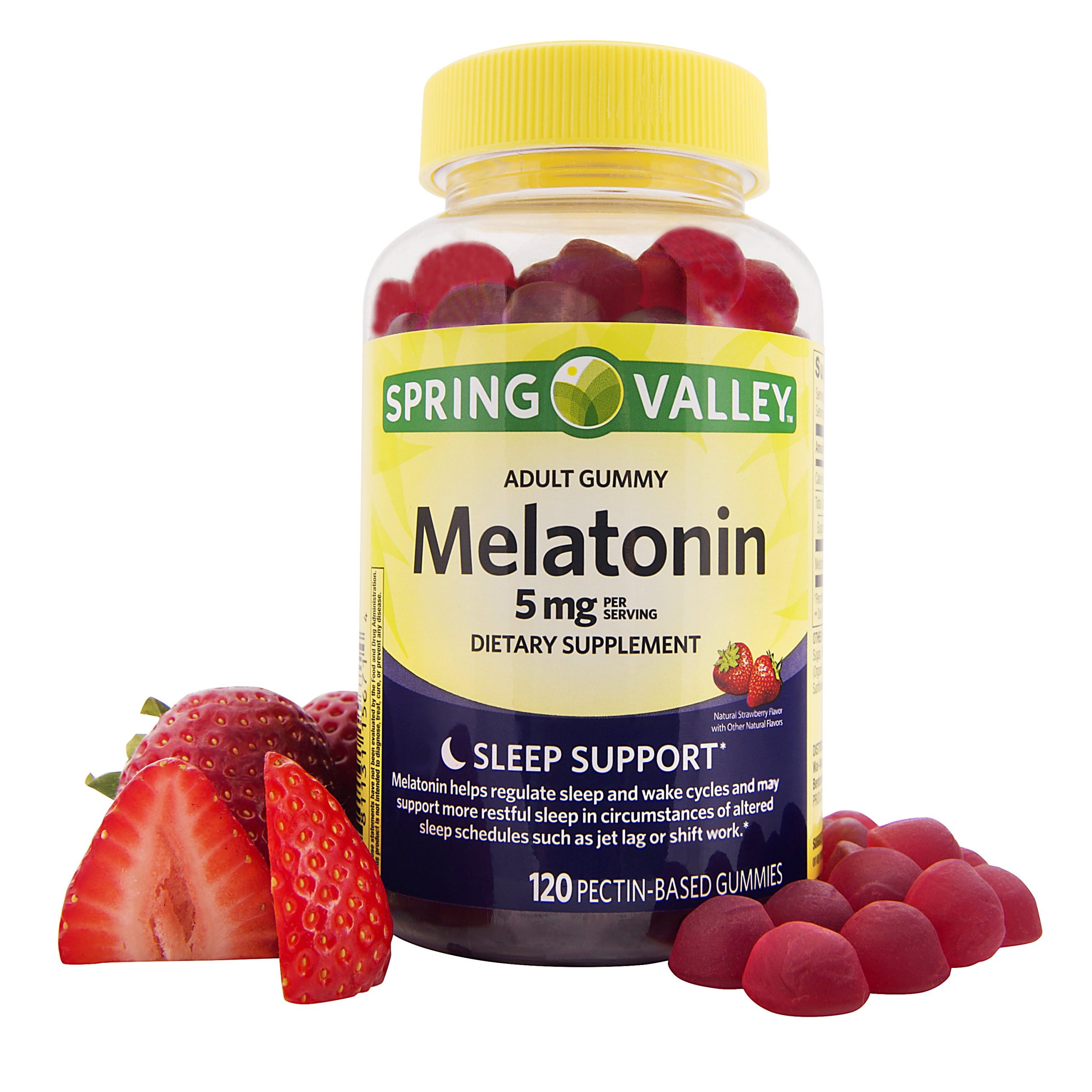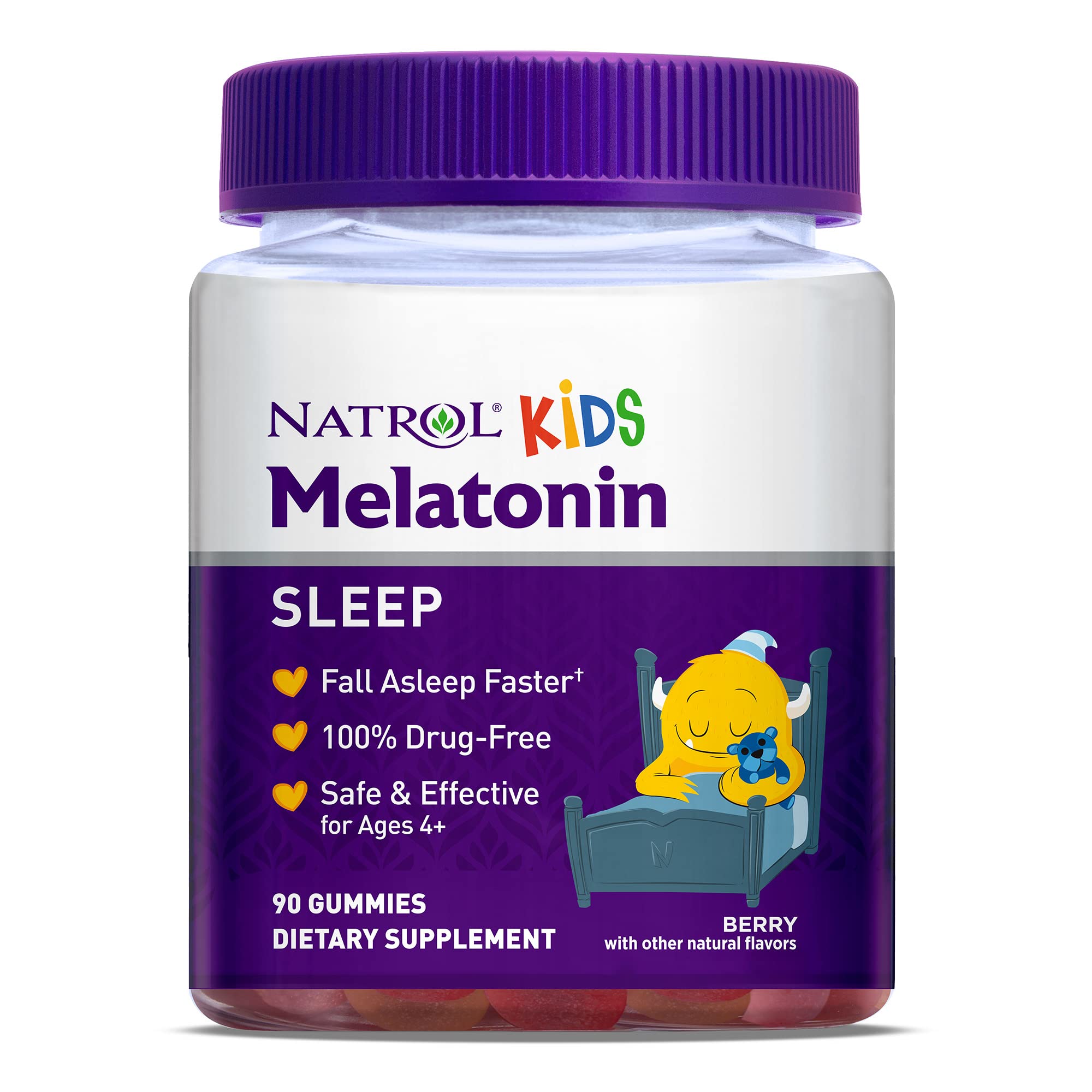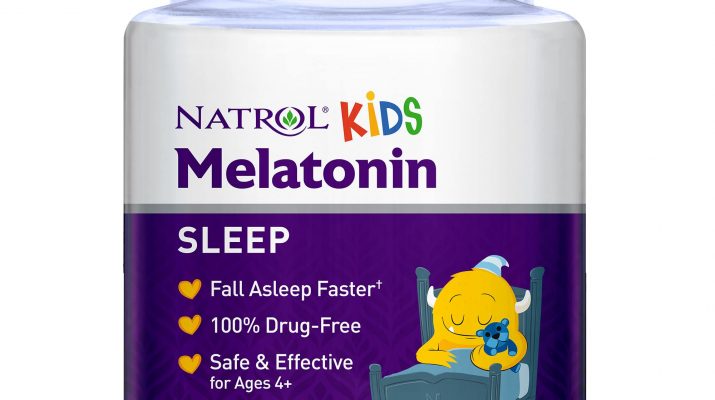Melatonin gummies are widely popular as an easy, delicious way to support a better night’s sleep. However, several myths and misconceptions have spread with their popularity, causing confusion about their effectiveness, safety, and benefits. Let’s dive into the facts about melatonin gummies to clarify what they can and cannot do, helping you make informed decisions.
1: Melatonin Gummies Are Addictive
One common misconception about melatonin gummies is that they can cause dependency, making it difficult for users to fall asleep without them. In reality, melatonin is not an addictive substance. It’s a naturally occurring hormone that regulates the body’s sleep-wake cycle, and melatonin supplements simply add a small dose to help encourage sleep. Unlike sleep medications, which can alter brain chemistry and lead to dependency, melatonin gummies work in harmony with the body’s natural rhythms.

2: More Melatonin Means Better Sleep
There is a widespread belief that higher doses of melatonin are more effective. However, research suggests that taking more melatonin doesn’t necessarily improve sleep quality and can sometimes lead to unwanted side effects like grogginess or headaches. Melatonin works best at low doses, especially if taken 30-60 minutes before bed. In fact, some studies indicate that even small doses (around 1-3 mg) can be sufficient for most people, making moderation key when using melatonin gummies.
3: Melatonin Gummies Are Safe for Everyone
While melatonin gummies are generally safe for adults, they aren’t suitable for everyone. For instance, children, pregnant or breastfeeding women, and people with certain medical conditions should be cautious or avoid melatonin supplementation altogether unless directed by a healthcare provider. Melatonin can also interact with some medications, such as blood thinners or immune-suppressing drugs. It’s always best to consult a healthcare professional if you’re unsure about adding melatonin to your routine, especially if you’re taking medications.
4: Melatonin Gummies Instantly Induce Deep Sleep
Melatonin is often misunderstood as a powerful sedative that knocks users out, but it actually acts more like a gentle signal that it’s time to wind down. Melatonin doesn’t directly put you to sleep; instead, it helps synchronize your sleep-wake cycle with your environment. The supplement can help you feel sleepy, but factors like ambient lighting, screen exposure, and stress levels also play a significant role in how well you fall asleep. Creating a relaxing bedtime routine alongside taking melatonin gummies is the most effective way to ensure quality sleep.
5: Melatonin Gummies Work the Same for Everyone
Another about melatonin gummies is that they have a universal effect. In reality, melatonin impacts people differently, based on individual sleep patterns, age, and biology. For example, melatonin is generally more effective for people experiencing jet lag or shift work-induced sleep issues than for individuals with chronic insomnia. Personal factors like stress levels and diet can also influence how melatonin works. Thus, there may be better solutions than melatonin gummies for everyone and might require adjustments for best results.
6: Melatonin Gummies Are Only for Adults
While melatonin supplements, including gummies, are primarily marketed toward adults, there are specially formulated melatonin products designed for children under specific circumstances and guidance. However, a healthcare professional should always supervise melatonin use in children to ensure proper dosage and suitability. Melatonin supplements can be helpful for certain sleep disorders in children, but they should only be given casually with professional input.
7: Melatonin Gummies Alone Will Cure Insomnia
Some people assume that taking melatonin gummies is an instant cure for insomnia, but this isn’t the case. Melatonin is beneficial for certain sleep issues, such as circadian rhythm disruptions, but it is less effective in treating chronic insomnia, which may require a multi-faceted approach. Effective insomnia management often involves lifestyle changes, like establishing a regular sleep schedule, minimizing caffeine intake, and practicing relaxation techniques. Melatonin gummies can be a supportive tool, but they shouldn’t replace a holistic approach to sleep health.

Conclusion
Melatonin gummies can be a useful aid in promoting healthy sleep patterns, but it’s essential to understand their limitations and avoid common misconceptions. Knowing the facts allows users to benefit from melatonin gummies safely and effectively. As with any supplement, consulting a healthcare provider is recommended, especially if you’re using them for the first time or have unique health needs. By using melatonin gummies responsibly, you can make the most of their sleep-supporting benefits.

